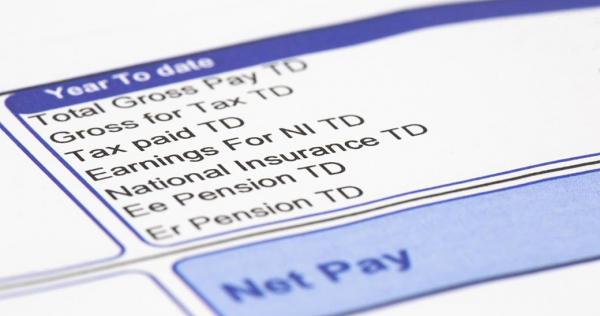- Joined
- 31 May 2016
- Messages
- 25,037
- Reaction score
- 5,478
- Country

You haven't a clue. Do you think they just open their laptops and money squirts out?I see you are in favour of people with the most wealth getting the easiest ride.
income tax payments have become increasingly reliant on a small group of taxpayers. The top 10% of taxpayers paid 61% of all income tax in 2020–21, up from 35% in 1978–79. The share of income tax revenue contributed by the top 1% of taxpayers rose from 11% in 1978–79 to 29% in 2020–21, despite big cuts in top rates of tax in the first 10 years of that period.
Who would have thought the conservatives have taxed the wealthy more than the last labour government?

Income tax explained | Institute for Fiscal Studies
Income tax is the single most important source of revenue for the UK Treasury, accounting for about a quarter of total tax revenue.

